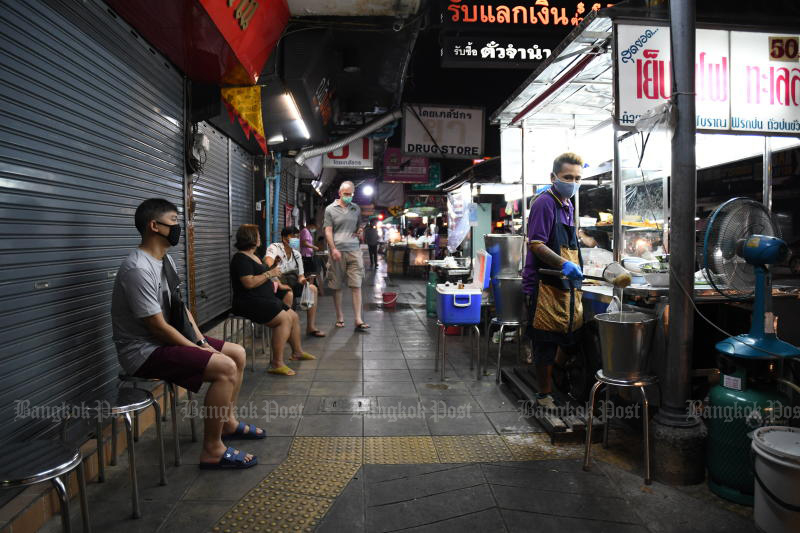
Thai people have cooked more and are more health-conscious in their dietary choices since the coronavirus pandemic forced to spend more time at home, according to a survey by Suan Dusit Rajabhat University or Suan Dusit Poll.
The poll was conducted online on 1,192 people throughout the country on April 26-29.
Most of the people polled, 70.94%, said they had given more importance to food now compared to before the Covid-19 outbreak, while 26.00% said they had attached the same importance to food as before. Only 3.06% said they had paid less attention to it.
Asked about their behaviour patterns around food since the ood after the Covid-19 outbreak, with each respondent allowed to give more than one answer, the replies varied as follows:
- 75.81% cooked more at home;
- 71.70% paid more attention to food hygiene;
- 59.99% chose only healthy food;
- 56.22% gave more importance to food packaging; and
- 49.86% were interested in foods believed to help build resistance to Covid-19.
Asked whether they believed food can in fact bolster the body's defences against Covid-19, 47.53% said "yes"; 14.57% said "no"; and 37.90% were in between.
Asked to name foods they believed could help build resistance to Covid-19, 55.09% chose food with herbs; 50.63% phat kaphrao (stir fried basil); 48.95% food cooked with ginger; 42.56% tom yam (hot and spicy Thai soup); and 32.30% kaeng som maroom (sour soup with moringa).
Asked about their spending on food during the pandemic, 39.42% said they were spending more; 36.69% were spending about the same as before; and 23.89% were spending less.
The survey showed that the respondents' average daily spending on food per head was 226.74 baht: 268.04 baht in Bangkok and 207.04% baht in other provinces.
